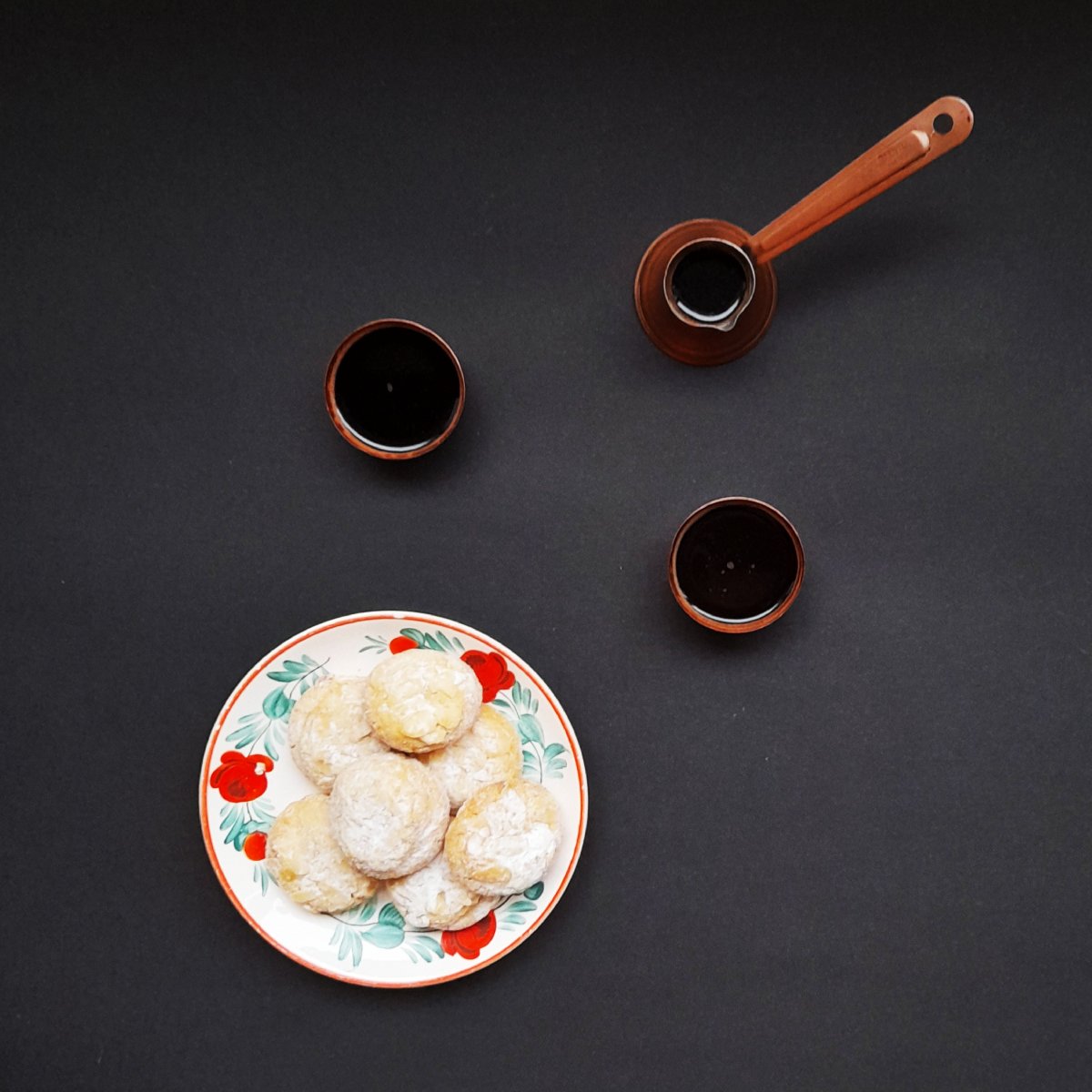articles
China Elevator Stories
Problems Between Chinese Mothers-In-Law and Daughters-In-Law
Problems with a Chinese mother-in-law are common, and here are the 10 most frequent conflicts in mother- and daughter-in-law relationships.
29/12/2024

Ruth Silbermayr
Author
I recently read this Chinese article by “Mother and Child Parenting Report” (母婴育儿报) titled “Top 10 Common Mother-in-Law and Daughter-in-Law Conflicts: How Many Have You Experienced?”

The author mentions that people in China call mothers-in-law and daughters-in-law “natural enemies” (婆媳是天敌). While not every Western woman has encountered a hostile mother-in-law, I believe Chinese women possess intrinsic knowledge about this topic—a kind of insight that a Western woman may not have due to her unfamiliarity with Chinese society. Therefore, consulting Chinese women about this topic and learning from their experiences can be valuable for any Western woman planning to marry a Chinese man or dealing with a Chinese mother-in-law.
According to the article, the top 10 most common conflicts are as follows:
Conflict #1: Living Together or Separately (在一起还是分开住的矛盾)
The author describes this conflict as follows:
“Older generations often believe that living with their son is a given and that a daughter-in-law marries into the family. However, daughters-in-law see marriage as marrying the man, not his entire family, and prefer separate living arrangements due to differing lifestyles. This becomes a major point of contention—not just between the mother-in-law and daughter-in-law, but sometimes between the couple as well.”
It is common for Chinese in-laws to move in with their son after marriage—sometimes during pregnancy, other times right after the wedding. I have visited couples in China who lived either with the man’s family or the woman’s family. Some even lived with them before marriage. While living with the husband’s parents is more common, the reverse also happens. Chinese parents often expect to live with their son (or daughter), and in their eyes, it is not a given for a couple to live independently. If your husband is particularly pious, he may not question his parents’ belief that they should live with you. A woman is usually expected to subordinate herself to her husband, his parents, and his wishes. While some Chinese husbands may hold more modern beliefs, the traditional expectation for a woman to defer to her husband and his parents is still prevalent. Many Western women I know have encountered this expectation.

Conflict #2: Competing for Attention (对焦点的争夺)
This is how the author explains the conflict:
“Family dynamics in China can be somewhat distorted. Raising children is often considered solely a woman’s responsibility, leading mothers to focus entirely on their sons. Under traditional preferences for sons and the belief that sons will care for parents in old age, mothers often develop an overly close relationship with their sons. When the son marries, the mother may feel displaced and perceive the daughter-in-law as ‘stealing’ her son. This rivalry begins the moment a mother gives birth to a son.”
This overly close relationship describes the phenomenon of mother-son enmeshment and a mother-enmeshed man (MEM). Typically, this implies a mother sees her son as a partner and may go to great lengths to push his wife or any other woman out of his life. She may want to be the center of attention, hold the most important position within the family, and exclude anyone who doesn’t grant her that attention.
Conflict #3: Mismanagement of the Central Focus (焦点的失职)
In the article, the author explains this conflict as follows:
“The man is the focal point of the mother-in-law and daughter-in-law relationship. The ultimate success of their relationship depends on his actions. A mature and wise man understands that living separately reduces conflict, but many men, raised in overly dependent family environments, struggle to detach from their mothers. Some men lack the means to live separately and rely on their parents for childcare. In such cases, the man must act as a mediator to preemptively resolve conflicts. If conflicts persist, he must prioritize his marital relationship over his parental bond. Unfortunately, many men fail to grasp this, siding with their mothers and exacerbating tensions.”
I have experienced this dynamic in my own relationship, and my ex-husband’s behavior ultimately led to the demise of our marriage. What started as a loving relationship built on mutual trust (despite some level of abuse) deteriorated into a marriage destroyed by my former Chinese mother-in-law and my ex-husband’s changed behavior. Living in close proximity to his parents and having our first child seemed to amplify this shift, and his actions never returned to how they had been at the start of our relationship.
Conflict #4: Misaligned Family Roles (家庭关系错位)
Misaligned family roles can be a problem in Western relationships as well, but I have found this misalignment to be more pronounced in Chinese relationships. The author explains it this way:
“The root of these conflicts often lies in misaligned family roles. A family consists of spousal relationships, parent-child relationships, relationships with one’s family of origin, and interactions with extended relatives. Among these, the spousal relationship should take precedence. In China, however, parent-child relationships are often prioritized, with spousal relationships relegated to the bottom. The saying, ‘A wife can be replaced, but you only have one mother,’ reflects this misalignment. Without correcting this imbalance, conflicts between mothers-in-law and daughters-in-law will perpetuate across generations.”
If a mother is the most important person to a son, his wife will never occupy a healthy role in the family dynamic. Even if your husband initially treats you well and limits his mother’s interference, this balance may shift. Like me, you may find yourself watching in shock as your husband is turned against you by his mother, triangulated into conflict, and starts seeing you as an adversary. Despite my efforts to address this dynamic with my ex-husband, his prioritization of his mother over me led to the eventual collapse of our marriage.
Conflict #5: Blurred Boundaries (界限模糊)
The author explains this conflict as follows:
“A wife is referred to as a ‘new bride,’ but a man often cannot let go of his ‘old mother.’ The roles of mother and wife, distinct in theory, frequently overlap in practice. This overlap leads to conflicts, as two women vie for influence within the household.”
This competition often intensifies when children are involved. Chinese mothers-in-law are known to disregard a daughter-in-law’s authority as the mother of her children. They may view their grandchildren as an opportunity to parent again and treat them as if they were their own children, ignoring generational boundaries. Many Western women married to Chinese men have reported experiencing this dynamic. Before marrying a Chinese man, it’s essential to understand that this issue may arise in your relationship or marriage.
Conflict #6: Differing Views on Filial Piety (对孝顺理解的偏差)
The author describes this conflict as follows:
“The younger generation often believes that filial piety means supporting parents in old age and helping when needed while maintaining personal boundaries. Mothers-in-law, however, often see filial piety as unconditional obedience. This disconnect leaves daughters-in-law feeling misunderstood and mothers-in-law feeling unappreciated, fueling mutual dissatisfaction.”
I often explained to my ex-husband that respect is not the same as obedience and that respect should be mutual. However, this mutuality was absent in my relationship with my former mother-in-law. In her eyes, I had no rights, no voice, and no authority to parent my children. Establishing boundaries led to extreme retaliation, which is evident in how my life turned out—my children were taken from me, and my ex-husband, influenced by his mother, cut all contact between me and my children. This illustrates how critical it is to navigate these cultural expectations carefully.
Conflict #7: Clashes Over Lifestyle Habits (生活习惯的冲突)
The author identifies several common lifestyle clashes:
“Differences in daily habits often lead to conflict:
– A daughter-in-law dislikes eating leftovers, while the mother-in-law reheats food until it’s finished.
– The daughter-in-law enjoys sleeping in on weekends, while the mother-in-law considers this lazy.
– Even trivial matters like making the bed can spark arguments.”

In my experience, my former Chinese mother-in-law tried to control many aspects of my daily life. When I wanted to make my own decisions, she would do everything in her power to turn my ex-husband against me, which he eventually allowed. For example, she insisted on deciding which bedsheets we used, replacing the ones I bought with her own. She also tried to impose traditional Chinese parenting methods, such as using split pants for toilet training instead of diapers. This caused visible distress in my son, but she ignored it and continued her methods. She even cut holes into the trousers I had bought for my children without asking for my consent. Additionally, she insisted my sons eat only Chinese food, considering Western food unhealthy. These lifestyle clashes are common, and Western women marrying Chinese men should prepare for potential conflicts if their mother-in-law disregards their cultural traditions.
Conflict #8: “Class Differences” (出身阶层的冲突)
The author describes “class differences” as follows:
“Rural mothers-in-law and urban daughters-in-law often clash. The mother-in-law may find the daughter-in-law’s urban habits frivolous, while the daughter-in-law may see the mother-in-law’s rural customs as outdated.”
Having lived in China, I’ve observed significant differences between rural and urban lifestyles. My mother-in-law, though from a small city, exhibited behaviors typical of someone from the countryside. She often viewed my habits as frivolous and tried to impose her ways on me. These cultural and “class differences” can create tension, especially if the mother-in-law perceives the daughter-in-law’s modern habits as incompatible with traditional values.
Conflict #9: Unrealistic Expectations (期望值过高引起的心理落差)
The author explains this conflict as follows:
“Daughters-in-law may hope for a mother-daughter bond with their mothers-in-law, while mothers-in-law may expect daughters-in-law to be more filial than their own daughters. However, the mother-in-law and daughter-in-law relationship is inherently different from a mother-daughter relationship, leading to unmet expectations and growing resentment.”
In my case, I expected a warm, inclusive relationship with my mother-in-law, based on how my ex-husband described her as loving and caring. However, her behavior didn’t match these expectations. My ex-husband often gaslighted me, claiming his mother meant well, even as she badmouthed me, alienated my children, and ultimately destroyed my marriage. This cognitive dissonance made it difficult to navigate our relationship, especially when I couldn’t discern whether her actions were intentional or unintentional. Unfortunately, I later realized her actions were deliberate, further complicating the dynamic.
Conflict #10: Conflicts Over Child-Rearing (育儿观念的冲突)
The author describes this conflict as follows:
“When grandchildren arrive, new conflicts emerge:
– The daughter-in-law prefers diapers; the mother-in-law insists on cloth.
– The daughter-in-law dresses the baby lightly; the mother-in-law worries about the baby being cold.
– The daughter-in-law emphasizes modern education, while the mother-in-law sees it as unnecessary.”
While some of these disagreements may seem minor, they can escalate over time. In some cases, a mother-in-law’s adherence to traditional Chinese superstitions can pose risks to the child. For example, the custom of “laying a baby’s head flat” to achieve a flat head shape is still practiced in China, despite being considered dangerous by Western medical standards. My former mother-in-law also suggested binding our sons’ legs to a board while they slept to ensure they grew straight—a practice I firmly opposed. Fortunately, my ex-husband supported me in this instance, but conflicts over child-rearing were a recurring issue. These challenges highlight the importance of establishing boundaries early on to protect your parenting decisions.
Is there any other conflict you would add?